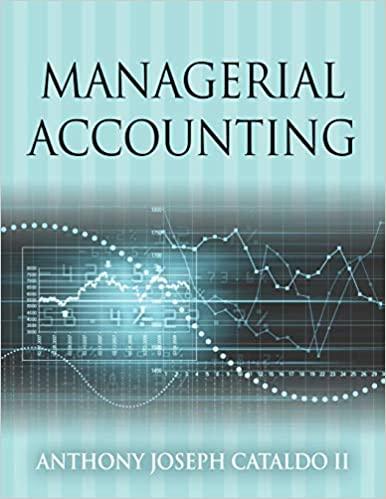QUESTION 24 A void contract will be enforced if: A. The parties agree to waive the illegality of the contract. B. The incapacitated person agrees to accept the terms of the contract. C. A void contract may never be enforced if it is for an illegal purpose. D.B and C only QUESTION 25 The U.C.C.: A. Applies to the sale of goods and services, and never for the sale of land. B. Can be applied to create a contract between merchants even if definite terms are missing. C. Has effectively replaced the common law in all types of transactions. D.A and Conly. QUESTION 26 2 poin A Broadway actor, exhausted after his 10 hour workweek agrees to buy a briefcase full of cocaine from Lewis for $12,000.00 Lewis and the actor have a(n) contract. A. Valid B. Venture C. Voidable D.Vold 2 points QUESTION 27 A minor who enters into a contract with a company may; A Walk away from the contract if he is dissatisfied with the product B. Enforce the contract if the company finds out that he is a minor and wants to breach the contract C. Comply with the terms of the contract and keep the product he purchased D. All of the above. QUESTION 28 Which of the following will be required under the doctrine of promissory estoppel? A. A valid contract. B.A showing by the offeror that the offeree rejected the offer. C. A showing by the offeree that she relied on the offeror's promise. D. That there will be an injustice if the promise is not enforced. E. C and D only. QUESTION 29 Which of the following agreements must be in writing to satisfy the Statute of Frauds? A. An agreement to purchase a car. B. An agreement to rent a car for 12 weeks. C. An agreement to lease a house for one year. D. All of the agreements above must be in writing to satisfy the Statute of Frauds. QUESTION 30 2 In order for consideration to be sufficient in a contract: A. Both the offeror and the offeree must gain something and lose something. B. The consideration has to be equal for both the offeror and the offeree. C. The consideration must be of substantial value to the other party, D. A and B only. 2 QUESTION 31 The common law Statute of Frauds requires that to be "in writing, an agreement must be signed by: A. The plaintiff. B. The defendant. C. Both the plaintiff and defendant. D. Either plaintiff or defendant QUESTION 32 Which of the following are required to establish a quasi contract? A. That the plaintiff gave some benefit to the defendant. B. That the plaintiff reasonably expected to be paid for the benefit and the defendant knew this. C. That the defendant would be unjustly enriched if he did not have to pay. D. All of the above. QUESTION 33 Which of the following is/are exceptions to the Statute of Frauds? A. The seller performed all of his duties under the contract B. The defendant performed all of her duties under the contract. C. The contract could not be performed within one year. D. All of the above. QUESTION 34 Which of the following deals must be in writing to satisfy the Statute of Frauds? A. A contract to sell goods between merchants. B. A contract to sell real estate and land between merchants. C. A contract to sell a business truck between merchants. D. All of the above are required to be in writing. QUESTION 35 Which of the following would be a void contract as a matter of law? A. A contract to sell a car that was recovered from a flood. B. A contract to buy a house that caught on fire a week before the contract. OC. A contract to sell cocaine at a unt rate. D. All of the above are void contracts because they are illegal. E. A and B only












